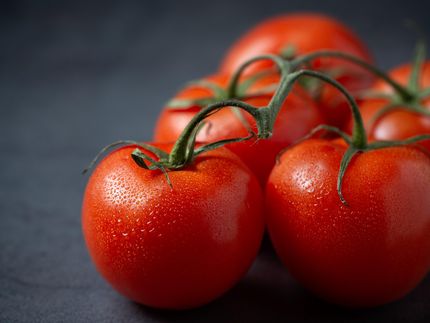The attractive tomato
Research team from Göttingen investigates buying behaviour on the basis of various characteristics
Advertisement
tomatoes are the most consumed vegetables in Germany. The supermarket offers a variety of different varieties. Consumers, however, are usually unaware of the differences and may choose a variety that they do not like. A research team from the University of Göttingen examined tomato characteristics and consumer preferences when buying tomatoes. The results were published in the British Food Journal.
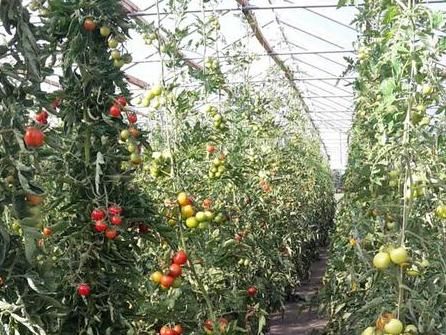
What must a tomato be like in order to be well received by consumers?
Kristin Jürkenbeck
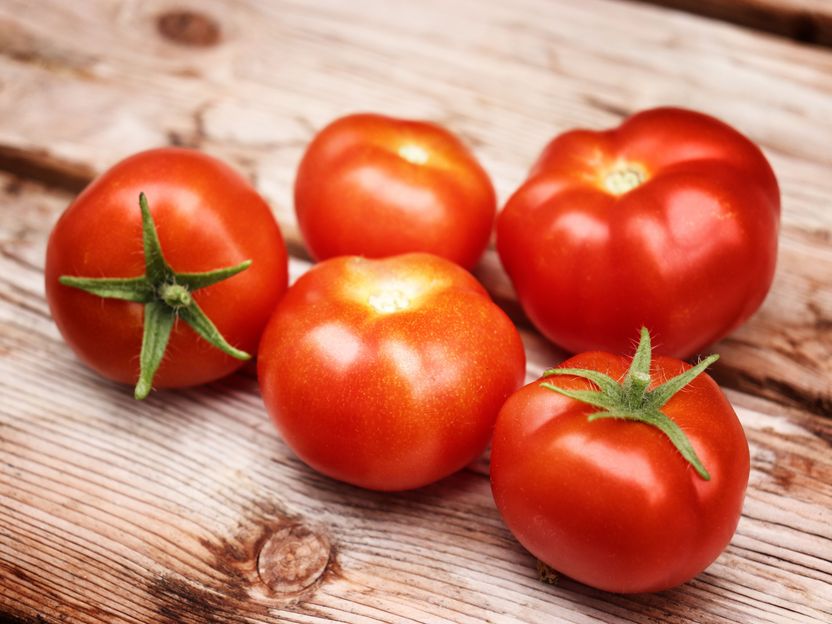
Photo by Karen Stahlros on Unsplash
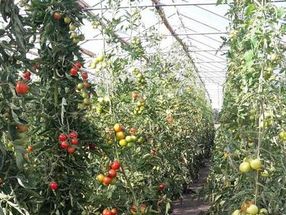
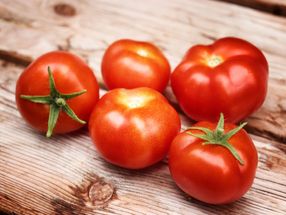
(pug) The researchers from the Department of Marketing for Food and Agricultural Products at the University of Göttingen surveyed around 1,000 consumers from Germany. The characteristics colour, size, internal firmness, taste, peel, aroma, regionality, label and price were evaluated. Price and colour are therefore the most important decision criteria. Although the variety of colours for tomatoes in supermarkets has increased in recent years, red is the undisputed number one. Green, on the other hand, is rejected - probably because buyers think tomatoes are immature. Contrary to scientists' expectations, the size of the tomato played a subordinate role. When it came to climate friendliness, the study participants rated plastic packaging as the most environmentally damaging, followed by air freight, which does not play a major role in tomatoes.
"Our results show that target-group-specific addressing can help to increase consumer satisfaction when choosing tomatoes," says Kristin Jürkenbeck, PhD student and lead author of the study. "The current efforts to reduce plastic food packaging are an important step towards ensuring that consumers perceive products as more sustainable," says Prof. Dr. Achim Spiller, head of the Marketing Working Group for Food and Agricultural Products at the University of Göttingen.
Note: This article has been translated using a computer system without human intervention. LUMITOS offers these automatic translations to present a wider range of current news. Since this article has been translated with automatic translation, it is possible that it contains errors in vocabulary, syntax or grammar. The original article in German can be found here.



